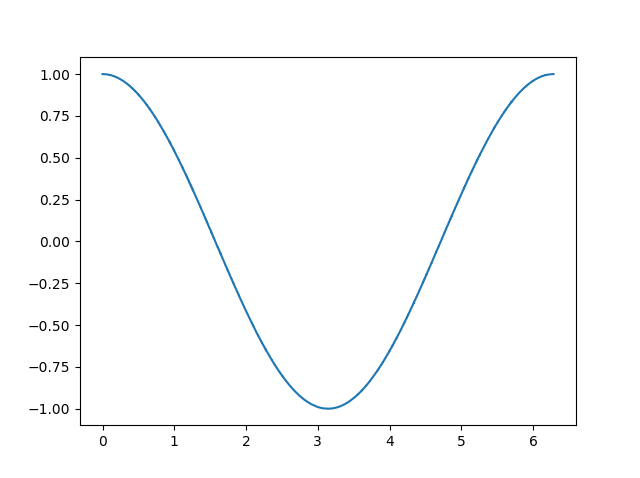Implement derivation of data logs in python
We have two lists of data (vectors), y and x, and we can imagine that x is the time step (0,1, 2,…) and y some system properties are calculated based on each value of x.
I’m interested in calculating the derivative of the log of y relative to the log of x, and the
We can start using numpy to calculate logs: logy = np.log(y) and logx = np.log(x). So what method do we use to distinguish dlog(y)/dlog(x)?
One option that comes to mind is to use np.gradient() as follows:
deriv = np.gradient(logy,np.gradient(logx)).
- Is this an efficient way to do this calculation?
- Is there a better (or equivalent) alternative without
using np.gradient?
Solution
After viewing the source code of np.gradient here Look around and you can see that it changed in numpy version 1.14, So the documentation has changed.
I have version 1.11. So I think gradient defined as def gradient(y, x) -> dy/dx if isinstance(x, np.ndarray) is now but not in version 1.11. In my opinion, executing np.gradient(y, np.array(...)) is actually undefined behavior!
However, np.gradient(
y)/np.gradient(x) applies to all numpy versions. Use that!
Proof:
import numpy as np
import matplotlib.pyplot as plt
x = np.sort(np.random.random(10000)) * 2 * np.pi
y = np.sin(x)
dy_dx = np.gradient(y) / np.gradient(x)
plt.plot(x, dy_dx)
plt.show()
It looks a lot like a cos wave

